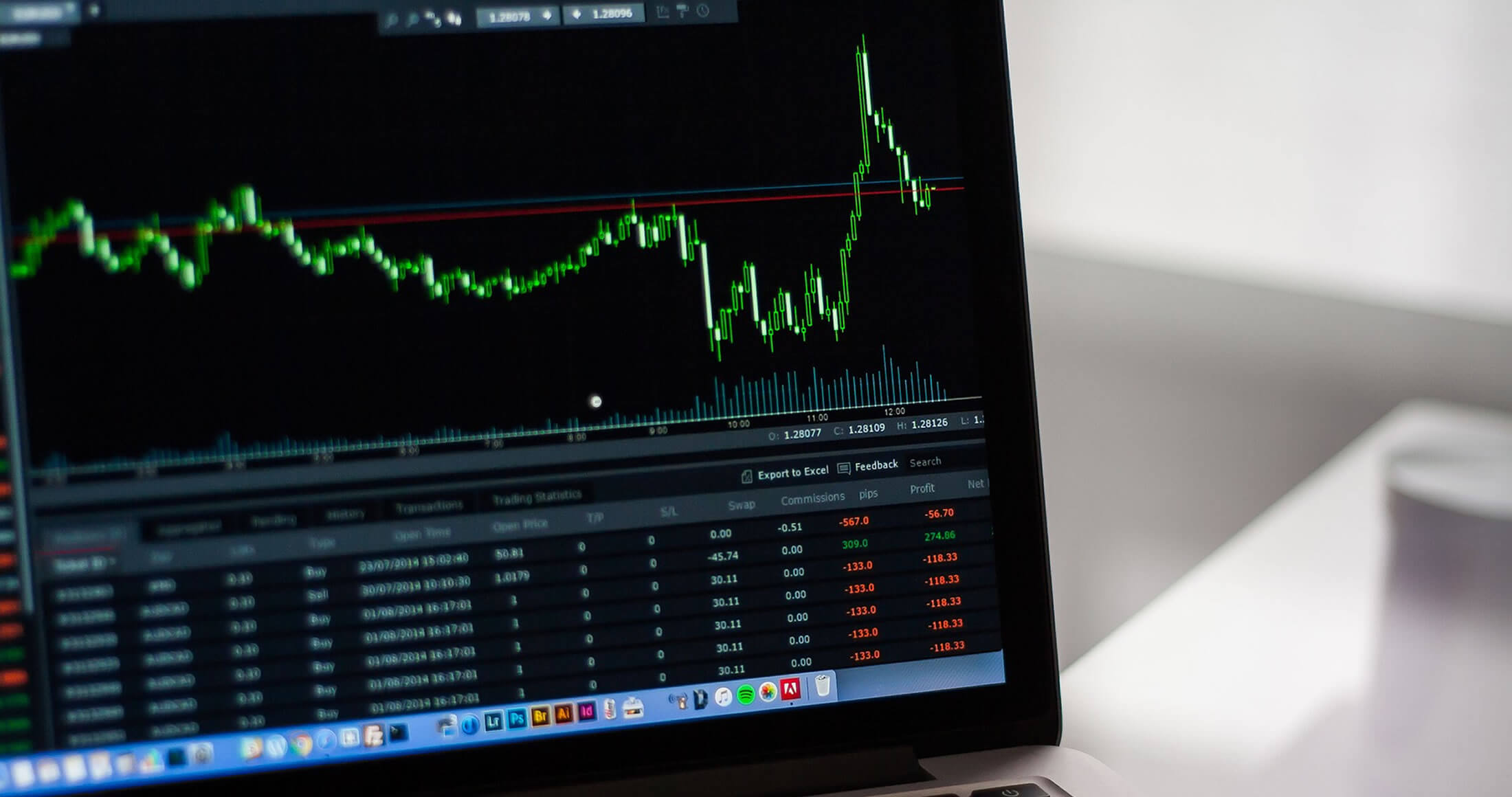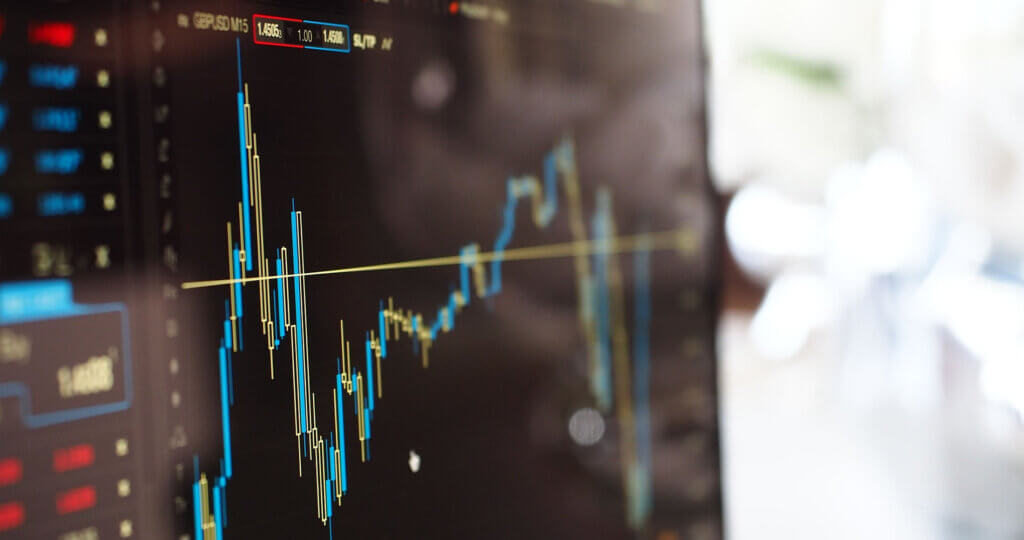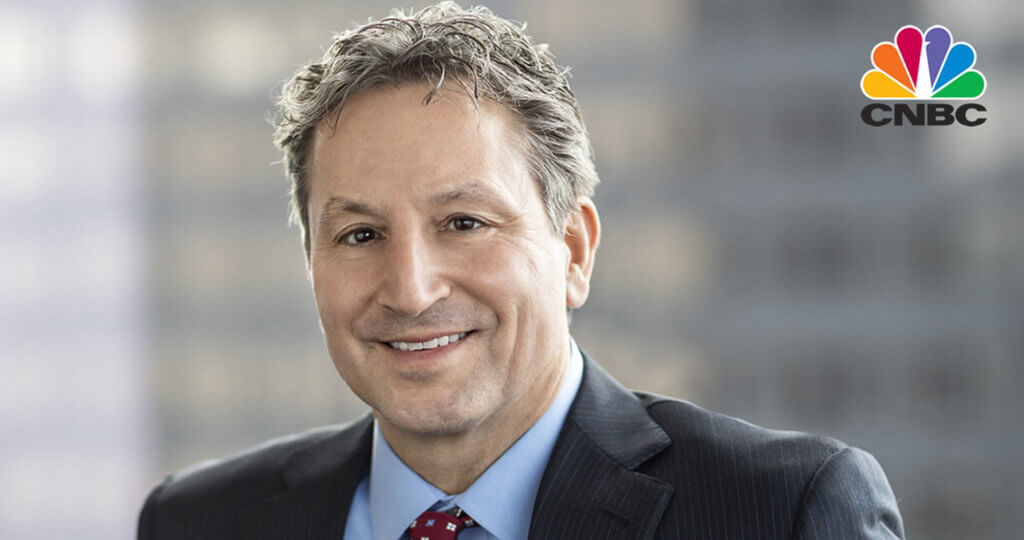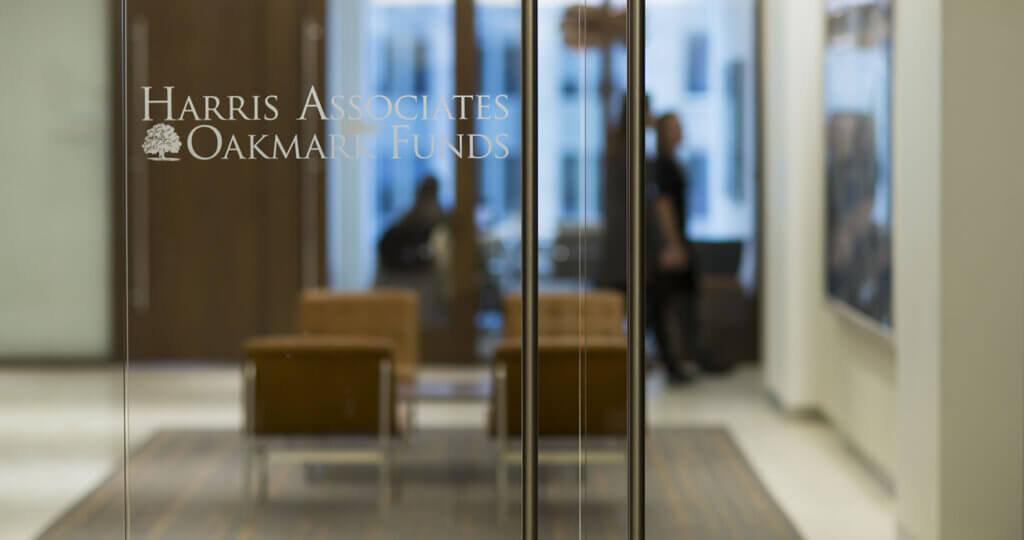
Coming off a positive year for equities, this year continued apace for the first few weeks. The S&P 500 was up about 3% for the year through mid-February, supported by positive fundamentals. The domestic economy saw record low unemployment, wage growth was beginning to accelerate and consumer sentiment was positive. The trade war tensions with China began to subside. Generally, a mid to high single-digit return type of year seemed within reach. Albeit perhaps with greater volatility stemming from uncertainty surrounding the 2020 election in the United States.
Unfortunately, we know what happened next: a global health pandemic with economic reverberations felt by everyone. Concerns over the coronavirus COVID-19 and its potential economic impact ultimately drove the stock market lower and the first quarter ended with the S&P 500 in bear market territory for the first time since the financial crisis.
Each trading day in March seemed to bring a different headline with a new market extreme. The S&P 500 at all-time highs. The quickest descent into bear market territory ever. The largest one-day gain in the Dow Jones Industrial average in more than 80 years. The fastest retreat back to a bull market. The highest number of unemployment claims in history by a factor of three. The first time since 1990 that not one NYSE issue hit a 52-week high.
Truly, this period in the market has been marked by two “Vs”: velocity and volatility.
The global coronavirus pandemic has caused justifiable concern and markets are not fully certain how to account for something that is truly a once in 100-years black swan event. As history has told us, investors do not like uncertainty and this was evident in the whipsaw we saw in March. For instance, the Dow saw the following point changes from March 2 through March 13: +1,294, -786, +1,174, -970, -257, -2,013, +1,167, -1,464, -2,352 and +1,982. And the CBOE’s Volatility Index was up over 300% at one point in March. Generally speaking, we prefer the roller coasters at Cedar Point or Disneyworld to the one we saw in the stock market last month.
Apart from the volatility, the speed of the market’s ultimate drop was just as astounding. The S&P 500 took 16 trading days to enter bear market territory (peak-to-trough drop of 20%) and just 18 trading days to drop over 30%. The dot-com bubble in 1999 took two years to decline 49% and the financial crisis, just over a decade ago, also took two years for its 57% decline. Since 1946, we have seen 11 bear markets, excluding 2020.
On average, the S&P 500 has taken 8 months to reach new 52-week highs after bottoming out. We do not know if we have seen the bottom yet in 2020, but we do know it will take time to get back to where we were.
Similar to the swiftness of the market’s movements, we have seen swiftness in the responsiveness of fiscal and monetary policy. Domestically, the Fed lowered interest rates to 0% and, ultimately, expanded its balance sheet to more than $5 trillion for the first time ever. Congress put together a $2 trillion package to aid industries and workers through this.
The merit and magnitude of some or all of these actions will certainly be debated. But what we’re seeing are governments broadly invoking “eminent domain” only on labor as opposed to land or property, telling businesses they need to shutter for the time being so workers and customers stay home in an effort to “flatten the curve.” In such an unprecedented environment, it is important to compensate those unable to work retail, wait tables, tend bar, etc. This is not a systemic crisis, but a public health one.
The question then becomes, what can we do from an investment perspective to both protect and grow client assets? As investors, we know the underlying value of a business does not move as swiftly as stock price or often with as much magnitude. Our oft-repeated mantra of focusing on business fundamentals through an economic cycle remains front and center in times like this just as much as in more positive economic environments.
There are still many unknowns with respect to the economic and public health fallout from the coronavirus. Economic estimates for GDP growth/contraction are seemingly being revised daily. More and more of the country is under orders to shelter in place unless their work is essential. The length of these orders is unknown and will ultimately lead to higher unemployment numbers. As of March 31, economists from 18 major firms were forecasting second-quarter GDP declines ranging from -9% to -40%, with an average 16% contraction.
The truth is that it is still too soon to know what will happen or what are the right economic estimates. But even the most draconian scenario should offer reassurances to long-term thinkers. In an earlier piece, Director of U.S. Research Win Murray detailed how even if cash flows dropped to $0 for the entirety of 2020, the aggregate value of market should fall by about 5%.
We do not believe cash flows will completely fall to $0 for the year. However, we have seen the stock market drop far more dramatically than 5%. These types of dislocations provide opportunity for strong performance for those who are patient to weather the storm.
As Warren Buffett said in the middle of the financial crisis to The New York Times,
Over the long term, the stock market news will be good. In the 20th century, the United States endured two world wars and other traumatic and expensive military conflicts; the Depression; a dozen or so recessions and financial panics; oil shocks; a flu epidemic; and the resignation of a disgraced president. Yet the Dow rose from 66 to 11,497…
In periods such as these, we’re constantly assessing portfolios to ensure quality, appropriate asset allocation and, where applicable, improve tax positioning. We have been through market downdrafts like this before. So, even though the genesis for this one is more unique, we maintain our conviction to our value philosophy and remain positive that our approach can benefit the performance of our clients’ portfolios.
We know that this, too, shall pass and, ultimately, we will return to a more normal social and economical environment. That said, any economic recovery will be built on a public health recovery and the hard work of those in the medical community.
Perhaps this period will lead to a great appreciation for things like community, travel or a simple dinner out. That appreciation and subsequent release of pent-up demand could ultimately lead to a more positive “V”: a v-shaped recovery. The depth and pace of the market’s downturn has been unsettling and uncomfortable. But we remain focused on investing through this event and coming out stronger on the other side.
While the health of the economy and stock market are a focus of our profession, everyone’s personal health is priority number one. Please take care of yourselves and your families. We wish you all health and safety.
As always, we thank you for entrusting us with your investment assets and your continued support.
Past performance is no guarantee of future results. Current performance may be lower or higher than the performance data quoted. The gross performance presented does not reflect the deduction of investment advisory fees. All returns reflect the reinvestment of dividends and capital gains and the deduction of transaction costs. The client’s return will be reduced by the advisory fees and other expenses it may incur in the management of its account. The advisory fee, compounded over a period of years, will have an adverse effect on the value of the client’s portfolio.
The information, data, analyses, and opinions presented herein (including current investment themes, the portfolio managers’ research and investment process, and portfolio characteristics) are for informational purposes only and represent the investments and views of the portfolio managers and Harris Associates L.P. as of the date written and are subject to change without notice. This content is not a recommendation of or an offer to buy or sell a security and is not warranted to be correct, complete or accurate.
Investing in value stocks presents the risk that value stocks may fall out of favor with investors and underperform growth stocks during given periods.
Harris Associates L.P. does not provide tax or legal advice. Please consult with a tax or legal professional prior to making any investment decisions.







